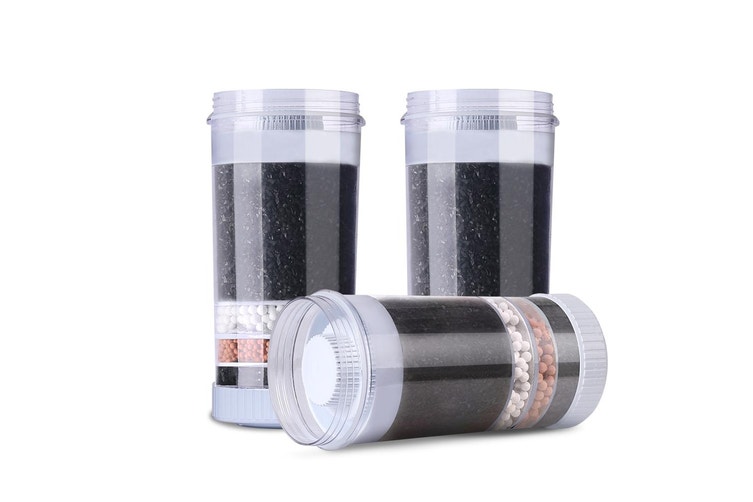Water is essential for life, but ensuring that water is clean and safe is equally important. Filter cartridges are pivotal in purifying water, effectively eliminating impurities and contaminants. Nevertheless, the numerous choices available in the market can render selecting the perfect one quite daunting.
Explore tips to help you navigate the process and select the most suitable water filter cartridge.
Contents
Evaluating Your Water Quality
Before exploring the options for cartridges, it’s essential to understand the quality of your water. Is it sourced from a municipal supply or a private well? Does it have a high mineral content? Are there particular contaminants that concern you, such as chlorine, lead, or sediment? Conducting a water quality test can offer valuable insights into your water’s composition, aiding in identifying contaminants that require attention.
Identifying Your Filtration Needs
Once you clearly understand your water quality, it’s time to identify your filtration needs. Different cartridges are designed to target specific contaminants, so knowing what you want to remove from your water is crucial. For example, a sediment cartridge would be suitable if it contains high sediment levels. On the other hand, if you’re concerned about chlorine taste and odour, a carbon filter cartridge would be more appropriate.
Choosing the Right Filter Type
These filter cartridges come in various types, each offering unique filtration capabilities. The most common types include sediment, carbon, reverse osmosis membranes, and specialty filters designed to remove specific contaminants like lead or fluoride. Consider your filtration needs and research the pros and cons of each type to determine which one aligns best with your requirements.
Check Compatibility with Your Filtration System
Not all filter cartridges are compatible with every filtration system. Before making a purchase, ensure that the cartridge you’re considering is compatible with your existing system. Check the manufacturer’s specifications and recommendations to avoid compatibility issues and ensure optimal performance.
Evaluate Filtration Capacity and Lifespan
Additionally, it’s crucial to consider the filtration capacity and longevity of the cartridge. Filtration capacity refers to the volume of water the cartridge can effectively filter before needing replacement. Its durability can fluctuate based on variables like quality and frequency of use. Choose a filtration capacity and lifespan that meets your household’s needs to avoid frequent replacements and ensure continuous filtration.
Consider Micron Rating
The micron rating gauges the filter’s ability to trap particles in the water. A lower micron rating signifies the capability to capture smaller particles effectively. For example, a filter with a micron rating of 1 can remove smaller particles than a filter with a micron rating of 5. Consider the specific contaminants you’re targeting and choose a model with an appropriate micron rating to achieve the desired level of filtration.
Look for Certification
When selecting a filter cartridge, look for products certified by reputable third-party organisations. Certification guarantees that the filter undergoes rigorous independent testing to meet predefined performance and safety benchmarks, ensuring quality and reliability.
Compare Cost and Value
While cost is undeniably a consideration, it’s crucial to balance it against the value offered by the cartridge. A higher-priced one may provide superior filtration performance and a longer lifespan, potentially saving you money in the long run by reducing the frequency of replacements and ensuring better water quality. Compare the cost and value of different models to make an informed decision.
Selecting the appropriate water filter cartridge is paramount to guaranteeing clean, safe drinking water for your and your family’s well-being. By comprehending quality, pinpointing your filtration requirements, and contemplating factors like compatibility, filtration capacity, micron rating, certification, and cost, you can make a knowledgeable choice and pick the most fitting model for your household.




